Politics. We may not always love talking about it, but it’s an inescapable part of our everyday lives. It comes from the word “polis,” which means “city” in Greek, but came also, in ancient times, to refer to the city’s people. Like them or not, politics affect everything from what we do to where we live, how much money we make and how we spend it.
These 10 books will help you to navigate politics—whether ancient or contemporary—in a way that will make your world make more sense.
Related: 11 Top-Notch Works of Journalism
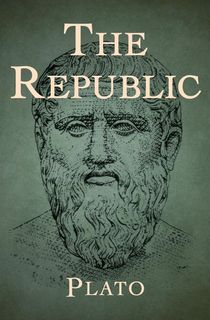
The Republic
When it comes to political texts, they don’t get much more foundational than Plato’s Republic. Written in the form of a Socratic dialogue, The Republic explores the question of what an ideal society would look like, and the conclusions it reaches have shaped western political thought ever since. Essentially, it is impossible to engage with questions of democracy or political structures in the modern world without engaging, on some level, with this seminal text on the subject.
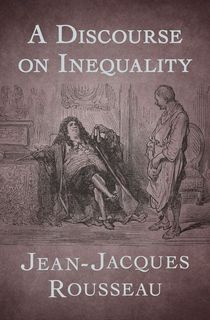
A Discourse on Inequality
“The first person who, having enclosed a plot of land, took it into his head to say this is mine and found people simple enough to believe him, was the true founder of civil society.” So writes Jean-Jacques Rousseau in this controversial and foundational account of the nature of society and the roots of inequality. One of the leading thinkers of the French Enlightenment, Rousseau saw inequality as a symptom of civilization—but perhaps not an inescapable one. In this far-reaching manifesto, he not only discusses his proposed origins of inequality, but also how the condition might yet be remedied.
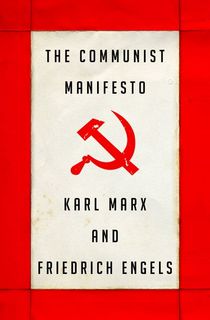
The Communist Manifesto
“A specter is haunting Europe,” begins this slim volume, which has become one of the most influential and controversial writings in modern history. One need look no further than the latest news program to see people still arguing and debating, misusing and misunderstanding, and reframing and rethinking the ideas first presented here in 1848. For good or ill, few books have ever changed the world so drastically, with so few words.
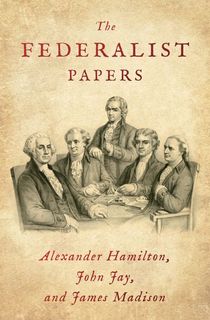
The Federalist Papers
Here in America, we tend to take our Constitution for granted. Not that we don’t still talk about it pretty much all the time, but we tend to assume that it’s innate and immutable. That wasn’t the case in 1787, when several of the nation’s founding fathers were embarking upon a public relations campaign to try to get the Constitution ratified.
Across some 85 articles and essays, they laid out many of the arguments and rationales for what would become the Constitution of the United States. These collected documents, known as The Federalist Papers, remain some of the most-cited primary sources on the subject for everyone from politicians and historians to Supreme Court Justices to this very day.
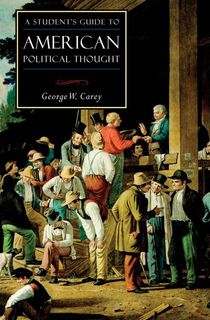
A Student's Guide to American Political Thought
Though we often discuss America as a land made up of shared values and a certain political ideology, the fact is that America has always been shaped by competing political ideas, and sorting out all their various threads can be a tricky prospect indeed. In this indispensable primer, Professor George W. Carey takes students through the basics of American politics.
Beyond merely showing the origins and fundamentals, the book provides guidance for how and where to find out more. Who were the leading thinkers that shaped the American experiment—and continue to do so? This book will point you in the right direction to find out.
Related: America the Beautiful: 8 Books That Open Your Heart and Mind
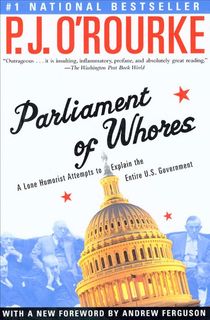
Parliament of Whores
Originally written at the end of Reagan’s presidency, this “outrageous” (The Washington Post Book World) bestseller is illuminatingly subtitled, “A Lone Humorist Attempts to Explain the Entire U.S. Government.” It’s also been called, “Insulting, inflammatory, profane, and absolutely great reading.” By showcasing—and skewering—the absurdity inherent in American government, P.J. O’Rourke takes us on a whirlwind tour of just how it all works, from the sublime to the surreal, casting a light on corruption, confusion, and, very occasionally, true leadership.
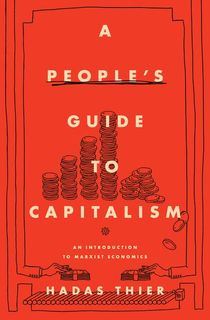
A People's Guide to Capitalism
“Thier’s urgently needed book strips away jargon to make Marx’s essential work accessible to today’s diverse mass movements,” writes Sarah Leonard, a contributing editor to The Nation. In A People’s Guide to Capitalism, Hadas Thier tackles capital on its own terms, asking hard questions about why capitalism seems to lead, invariably, to greater and greater disparity between the “haves” and the “have nots,” and how we can reckon with the slide toward environmental destruction, to name a few of the weighty themes that are given serious but comprehensible attention in this landmark work.
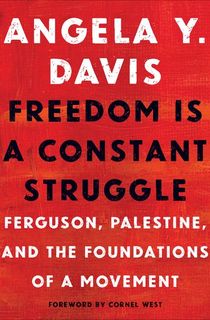
Freedom Is a Constant Struggle
Many of the books on this list are historical texts, helping to show how modern political thought was formed. But in this collection of essays, interviews, articles, and speeches, activist and scholar Angela Y. Davis reminds us that political action is happening all around us, every day. From Ferguson, MO to Palestine, Davis chronicles the struggle against oppression and toward liberation that is happening right now, and how movements can be built from the ground up to oppose systemic violence.
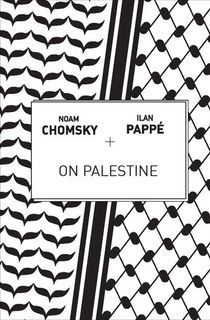
On Palestine
Noam Chomsky has been called “perhaps the most widely read American voice on foreign policy on the planet” (The New York Times Book Review), and in this continuation of their “sober and unflinching analysis” (Publishers Weekly) he teams once again with “Israel’s bravest, most principled, most incisive historian,” Ilan Pappe, to create a stirring and stark portrait of the conflict between Israel and Palestine. This text is both a historical document and a wake up call to the rest of the world to take a stand against the human rights atrocities committed against the people of Palestine.
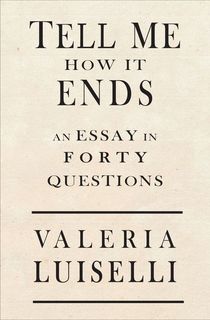
Tell Me How It Ends
In recent years, especially, the question of immigration has become one of the most divisive in our political lexicon here in the United States. In this “powerful indictment of American immigration policy” (Financial Times), Valeria Luiselli tells the stories of the children she has worked with who were trying to immigrate into the United States, as viewed through the 40 questions she translates to them from a court form. The result is a moving finalist for the Kirkus Prize that is, “Worthy of inclusion in a great American (and international) canon of writing about migration.” (Texas Observer)
